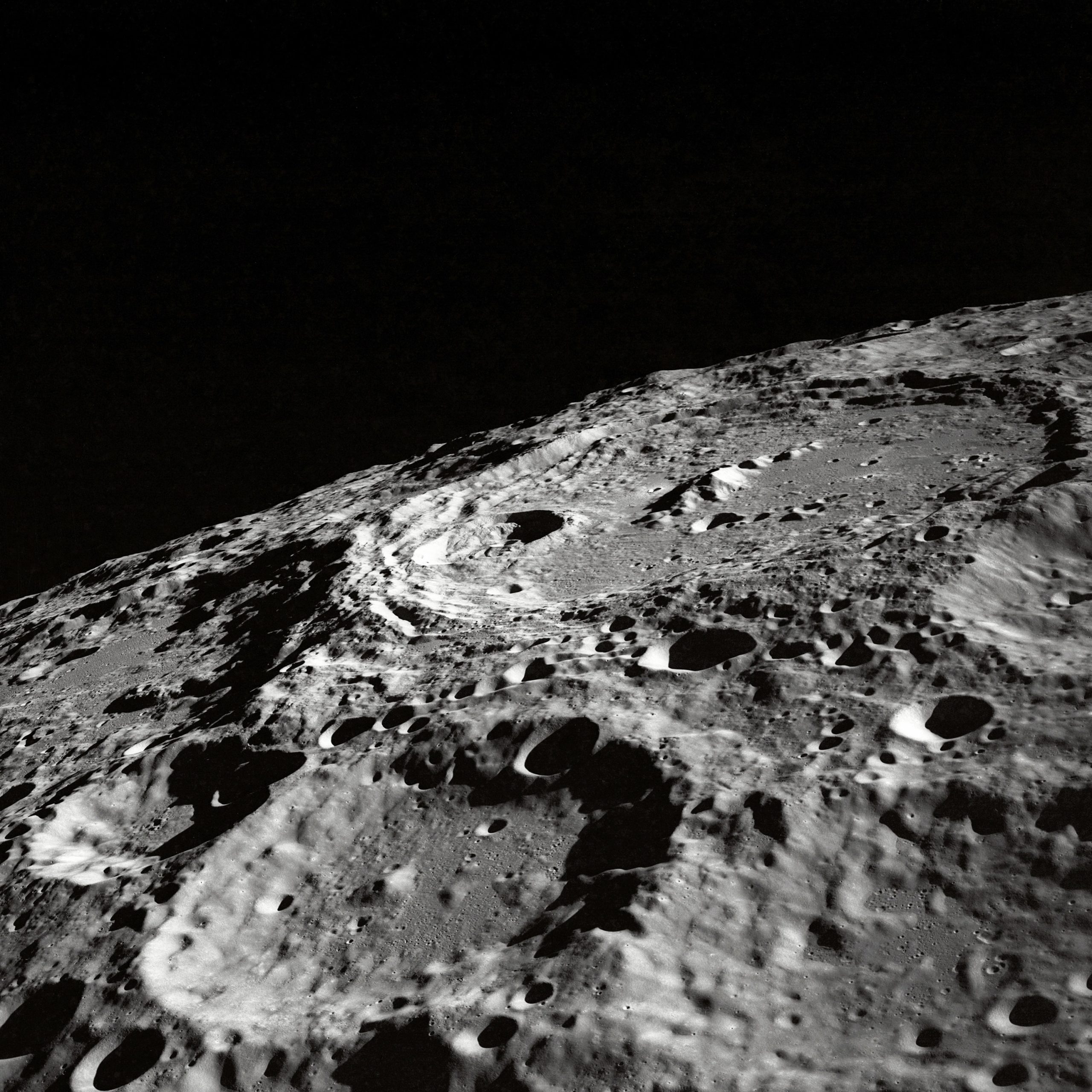Daoism in AP World History: A Comprehensive Exploration
Daoism, also known as Taoism, is a philosophical and religious tradition that originated in Ancient China. This multifaceted belief system has had a profound impact on Chinese society, culture, and history. In this blog post, we will delve deep into the world of Daoism and explore its historical significance within the context of AP World History. From its origins to its key tenets, influential figures, and lasting legacy, we will endeavor to unravel the intricacies of this ancient philosophy.
Origins and Development of Daoism
The origins of Daoism can be traced back to the 6th century BCE in China, during a time of great intellectual ferment. While many philosophical and religious ideas were being formulated, two main schools of thought emerged as prominent forces: Confucianism and Daoism. While Confucianism focused on societal harmony through the cultivation of moral virtues, Daoism took a different approach.
Daoism is centered around the concept of the Dao, which can be translated as “the Way” or “the Path.” It is a metaphysical notion that encompasses the natural order of the universe and the guiding principle behind all things. According to Daoist philosophy, the Dao is ineffable, transcendent, and continuous. It emphasizes living in harmony with nature, spontaneity, simplicity, and humility.
Over time, Daoism evolved into a complex belief system encompassing philosophical, religious, and mystical elements. Different schools of Daoist thought emerged, including philosophical Daoism (known as Daojia) and religious Daoism (known as Daojiao). While Daojia focuses on the practical wisdom found in the Dao De Jing and other Daoist texts, Daojiao incorporates rituals, worship, and a pantheon of deities.
Key Tenets of Daoism
Daoism is known for its distinctive principles and teachings. Here are some key tenets of this philosophy:
- Dao (the Way): Central to Daoism, the Dao is the ultimate reality, beyond human comprehension. It is the underlying force that governs everything in the universe.
- Wu Wei: Often translated as “non-action” or “effortless action,” Wu Wei refers to the Daoist concept of flowing with the natural rhythms of life, rather than striving against them. It emphasizes spontaneity, flexibility, and living in harmony with the Dao.
- Yin and Yang: Daoism recognizes the complementary principles of Yin and Yang, representing the interconnectedness and balance of opposites. Yin is associated with darkness, passivity, and femininity, while Yang represents light, activity, and masculinity. The two forces are interdependent and exist in a perpetual state of dynamic equilibrium.
- Pu: Pu signifies the state of uncarved wood or simplicity. It represents a return to one’s innate nature and the avoidance of artificiality and complexity.
- Immortality: Daoist beliefs include the quest for immortality or transcendence. Daoists seek to align themselves with the Dao and attain longevity or spiritual immortality through practices such as meditation, breathing exercises, and alchemy.
Influential Figures in Daoism
Throughout history, numerous individuals played instrumental roles in shaping Daoism and spreading its teachings. Here are a few notable figures:
| Name | Contribution |
|---|---|
| Laozi | Laozi is the legendary founder of Daoism and the author of the Dao De Jing, a fundamental Daoist text. While little is known about his actual existence, Laozi’s teachings have had an indelible impact on Daoist philosophy. |
| Zhuangzi | Zhuangzi, a prominent Daoist philosopher, is best known for his book called the Zhuangzi. His writings elaborate on Daoist concepts, including the importance of embracing the Dao and living in harmony with nature. |
| Ge Hong | A Daoist alchemist and scholar, Ge Hong contributed to the development of Daoist practices and literature. His work includes the influential text “Baopuzi” (Book of the Master Who Embraces Simplicity), which covers a wide range of topics, from cosmology to alchemy. |
Daoism’s Impact on AP World History
Daoism profoundly influenced various aspects of Chinese history and culture, leaving a lasting imprint on AP World History. Here are a few noteworthy impacts:
- Art and Literature: Daoist principles, such as a love for nature, simplicity, and the pursuit of transcendence, permeated Chinese art and literature. Daoist themes and symbols are frequently found in paintings, poetry, and calligraphy, adding depth and meaning to these artistic expressions.
- Medicine and Wellness: Traditional Chinese medicine incorporates Daoist principles, emphasizing the balance of Yin and Yang, the flow of Qi (life energy), and practices like acupuncture and herbal remedies.
- Political Philosophy: Daoist ideas, particularly those of Laozi, influenced political philosophy in China. Some rulers and thinkers adopted Daoist principles, emphasizing humility, non-interference, and the natural course of governance.
- Religious Coexistence: Daoism coexisted with other religions, notably Confucianism and Buddhism, contributing to the syncretism of Chinese religious practices. This religious diversity continues to shape the cultural landscape of China.
It is important to note that while Daoism had a profound impact on China, its influence extended beyond its borders. Daoism’s emphasis on harmony with nature and the pursuit of spiritual enlightenment resonates with individuals worldwide, inspiring philosophies, practices, and ways of life beyond the confines of AP World History.
Conclusion
Daoism, with its deep philosophical underpinnings and multifaceted approach, remains a significant force in Chinese history and culture. From its origins in Ancient China to its impact on art, medicine, and political philosophy, Daoism’s longevity is a testament to its enduring relevance. As we journey through the annals of AP World History, understanding this profound philosophy provides us with insights into the complexities of the human experience and the quest for harmony and enlightenment.
Table of Contents
